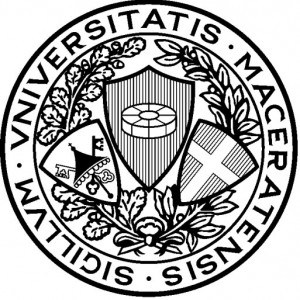Photos of university / #bilkentuniv
Advertisement
International Relations (IR) is a relatively new discipline. Its importance, however, has been rapidly growing in recent decades.
All of us are affected by the international environment and by foreign policy decisions. International issues are becoming increasingly significant, complex, and diversified. We often read and hear about such issues as the Arab-Israeli conflict, the Aegean dispute, the post-Cold War period, the European Union, arms control negotiations, and problems of international trade and finance.
All these issues lend themselves to conflicting interpretations and competing alternative solutions. In order to grasp the significance of these contemporary problems, we need to have not only a certain degree of specialized knowledge about the geographical regions in question, but also some theoretical understanding of International Relations.
Career opportunities in the field increase as Turkey's foreign relations diversify. The diplomatic service and other sectors of public bureaucracy continue to be an important source of employment. In addition to this, the media, private sector, professional organizations, and universities need increasing numbers of specialists in international affairs.
Degree Requirements: A completed program must satisfy the following criteria:
* Completion of at least 26 units of credit course work. The seven required international relations courses include the following: International Relations Theory, Academic Writing, Research Methods, Issues in Turkish Foreign Policy, Pre-Thesis Seminar, Academic Practices, and Master Thesis. The four elective courses can be selected from the offered graduate courses each semester.
* Completion of an M.A. thesis proposal before the start of the second year.
* An M.A. thesis must be submitted to and approved by the thesis defense committee.
* A cumulative grade point average of at least 3.00 must be maintained for the totality of Master's level work.
FINANCIAL ASSISTANCE
Currently about 80% of the graduate students receive financial support. Financial assistance is provided in the form of a tuition waiver or a tuition waiver plus a monthly stipend. The amount of the stipend is adjusted annually to cover changes in the cost of living.
Both admission and financial assistance are based on academic accomplishment and scholarly promise alone, without regard to gender, race, ethnicity, religion, age, national origin or physical disabilities.










